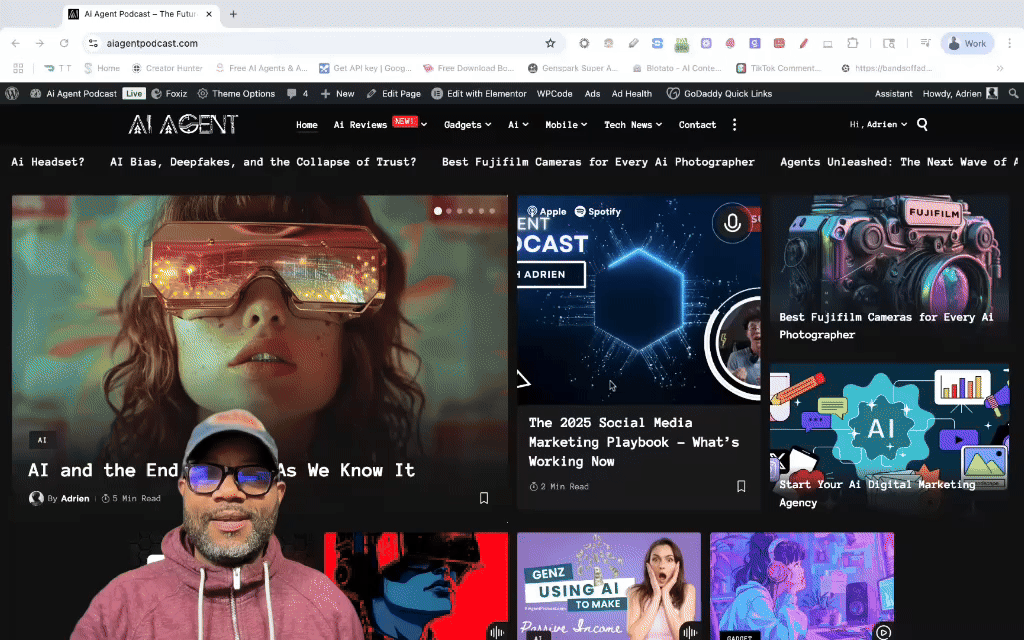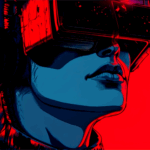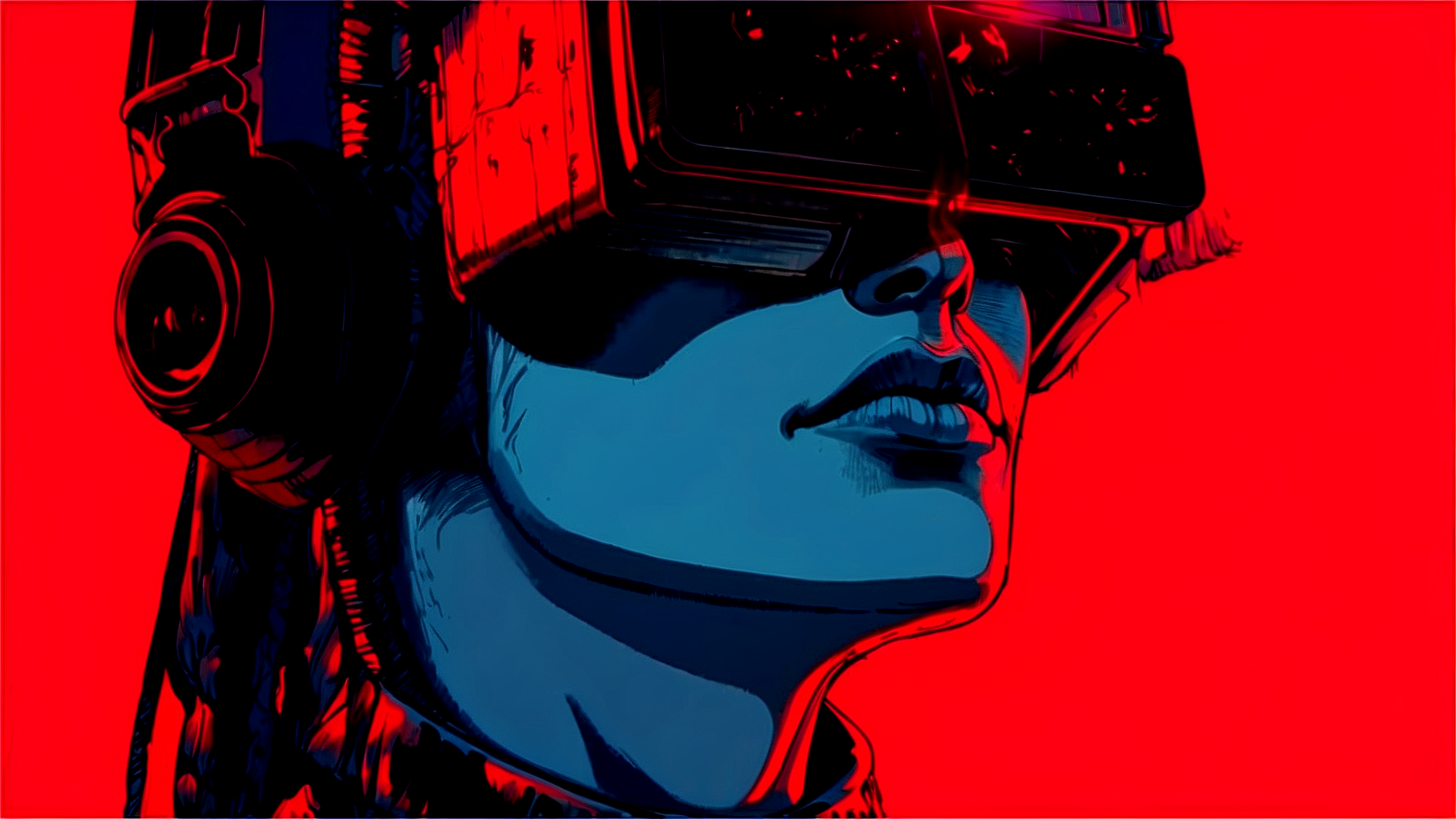AI agents are no longer a futuristic idea—they are rapidly becoming the foundation of modern automation, changing how we interact with technology and execute everyday tasks. But what exactly are AI agents, and why are they making such waves in 2025?
An AI agent is an autonomous system designed to observe its environment, process information, and take actions toward achieving specific goals. Unlike traditional automation scripts or chatbots, AI agents can reason, plan, adapt, and even collaborate with other agents or humans. They combine natural language understanding, decision-making algorithms, and task execution capabilities to function with minimal human intervention.
One notable trend is the rise of multi-agent systems, where a network of AI agents work in coordination to solve complex problems—such as scheduling meetings across time zones, automating business workflows, or optimizing e-commerce operations (Source: Stanford 2024 AI Index).
Major platforms like OpenAI’s GPT-4o and Autogen have introduced frameworks allowing developers to build these autonomous systems. In fact, Microsoft recently released Autogen Studio, a no-code interface for chaining agents together to perform multi-step tasks (Source: Microsoft Research).
The implications are huge: businesses can use AI agents to reduce operational costs, streamline tasks like customer service or data entry, and even power virtual employees for content creation, lead generation, and coding.
As we head deeper into 2025, understanding and integrating AI agents will become essential—not just for tech companies, but for solo entrepreneurs, creators, and small businesses.







